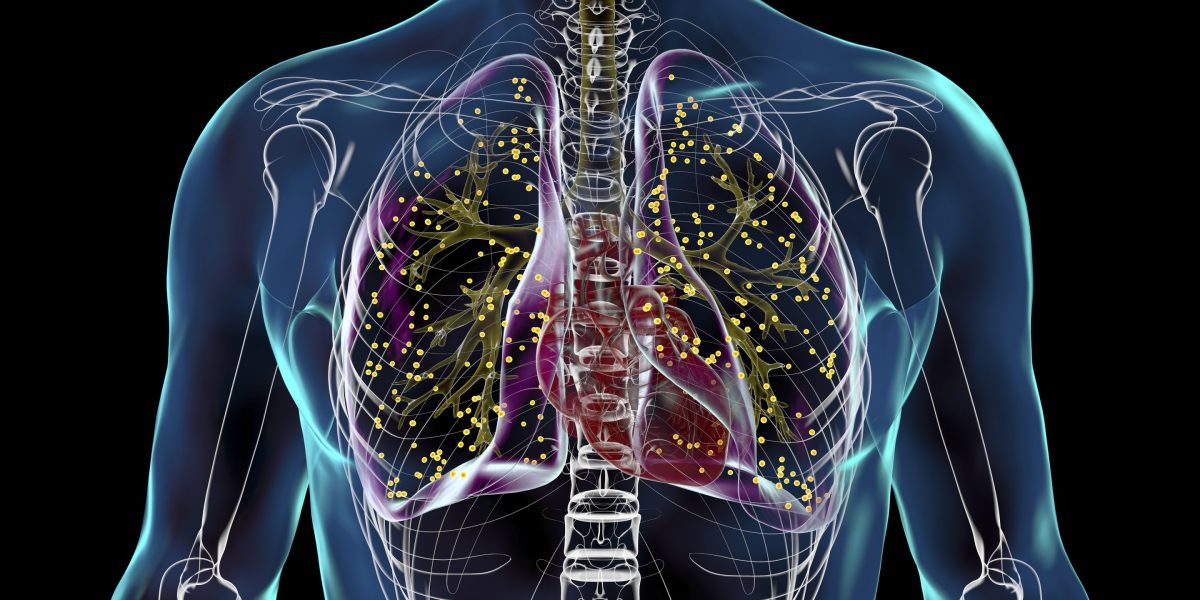COVID-19 is still very much the topic of conversation when it comes to infectious diseases, but when it comes to lethality, the coronavirus no longer leads the pack.
Instead, it’s tuberculosis that has once again become the world’s most deadly infectious disease. A World Health Organization report this week shows 10.8 million people became sick with TB last year (with 8.2 million people being newly diagnosed). Roughly 1.25 million of those people died because of the disease.
COVID deaths, meanwhile, have been significantly reduced thanks to vaccines and treatments, though it still claimed 320,000 lives last year.
“The fact that TB still kills and sickens so many people is an outrage, when we have the tools to prevent it, detect it and treat it,” WHO Director-General Dr. Tedros Adhanom Ghebreyesus said in a statement. “WHO urges all countries to make good on the concrete commitments they have made to expand the use of those tools, and to end TB.”
The number of new infections last year was the highest since the WHO began monitoring TB in 1995.
Tuberculosis largely affects people in 30 countries. More than half the global cases are found in India (26%), Indonesia (10%), China (6.8%), the Philippines (6.8%) and Pakistan (6.3%).
COVID, ironically, is partially responsible for the rise in TB cases. Disruptions from that virus hampered TB services across the globe, letting it increase. There’s also a strain of TB that has proven resistant to several drugs. Global funding for TB prevention has also decreased and funding for TB research only reached 20% of its target amount in 2022, the WHO said.
Tuberculosis is a contagious bacterial infection of the lungs that is normally spread through the air. Most tuberculosis infections are asymptomatic and not contagious. Active tuberculosis, however, which is characterized by cough, fever, decreased appetite, and weight loss, can be a very contagious and dangerous disease if left untreated, sometimes resulting in death.
- The Well Adjusted newsletter: Sign up to get simple strategies to work smarter and live better, in your inbox three times a week.



